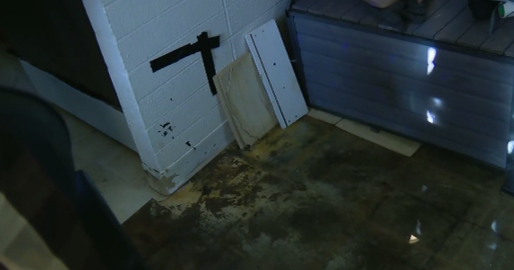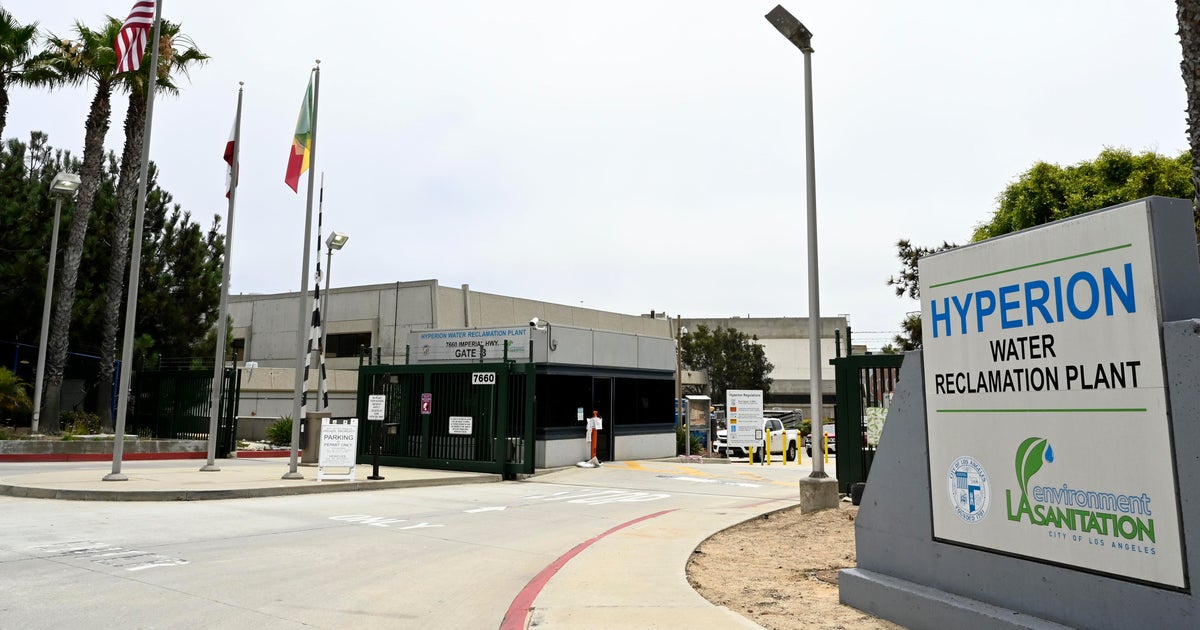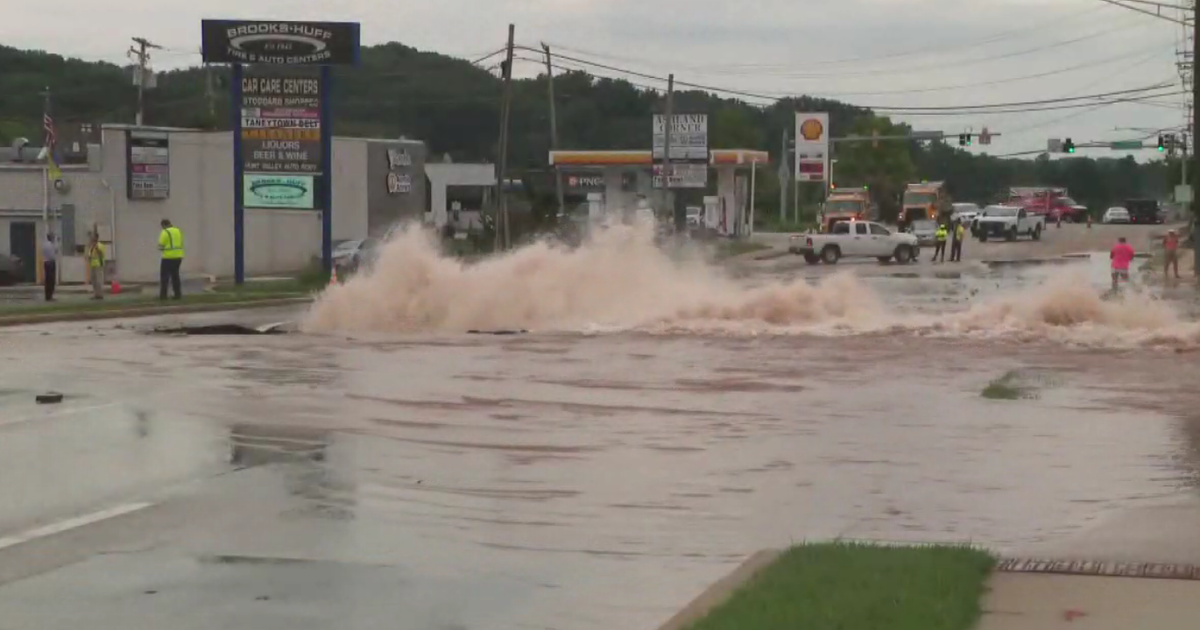At heated committee meeting, frustrated aldermen demand better long-term plan for housing migrants in Chicago
CHICAGO (CBS) -- Several aldermen are vowing to call for a special meeting of the full City Council to grill city agencies over their handling of the growing number of asylum seekers arriving in Chicago, saying they haven't received sufficient efforts over the city's handling of the situation.
Ald. Jeanette Taylor (20th) was livid as she questioned city department heads about housing and helping asylum seekers who end up in Chicago during a monthly meeting of the City Council Committee on Immigrant and Refugee Rights.
"Now we're shuffling people around. It makes no sense," Taylor said. "Y'all done made this beautiful presentation, and it does not paint the picture of what actually is happening."
Taylor said city departments have not told aldermen how much money is being spent to operate the various shelters that have been set up to house the thousands of migrants who have arrived in Chicago since last summer, or come up with a viable long-term plan for addressing the ongoing migrant crisis.
"This is almost comical. At the end of the day, I'm asking in a public forum that we have a special City Council meeting that everybody participates in that asks us what is the plan? I don't to have no meeting about nothing else. We can't even talk about budget, because we have not taken care of this," she said.
Taylor also questioned why state and federal officials haven't done more to provide assistance to Chicago.
"Where is the governor? Where are the congressmen? Where are they? I'm confused. I'm really confused, and it's always the folks who already get the least that are made to say wait again," Taylor said.
She also called out white aldermen who she said have been able to successfully block shelters from being set up in their wards, while the city has placed shelters in largely Black and Latino wards without sufficiently consulting aldermen.
"Let's call a spade a spade. Y'all asked some of our white co-workers did they want it in their wards, and they told you no, and it didn't happen," she said.
While Taylor said the blame for that approach largely rests with former Mayor Lori Lightfoot, she said the Johnson administration needs to do a better job of making sure aldermen are properly consulted about migrant shelters going forward.
"I can't continue to say that I'm going to support something that A, I'm not a part of, and B, it ain't all hands on deck," she said. "The city should have a special city council meeting where we figure this out in the public."
Taylor also questioned why city officials didn't discuss the city's struggles with housing migrants when Biden administration officials were in Chicago on Monday regarding plans for the 2024 Democratic National Convention in Chicago.
"I don't believe that was a topic of discussion," Office of Emergency Management and Communications manager Matthew Doughtie said.
"How?" an incredulous Taylor asked. "How when we're spending millions of dollars, and y'all brought this fancy presentation to make this sound pretty, and it's not. None of this is pretty. None of this is beautiful."
Taylor warned of protests at the DNC next year if the migrant crisis in Chicago isn't resolved.
"They're going to shut it down, and rightfully so," she said.
Taylor said she has faced public criticism over the shelter the city set up at the former Wadsworth Elementary School in her ward, even though she objected to former Mayor Lightfoot's plan to place that shelter in the Woodlawn neighborhood, arguing other parts of her ward would have been a better choice.
"I'm literally getting dragged in my community for a decision I didn't make, and now we're having conversations about where we're going to put them? I don't know why everybody is not made to have one," Taylor said.
Earlier this week, neighbors in Woodlawn vented frustration over problems at that migrant center at a community meeting.
What's going on - according to community members - is loitering, late-night partying, littering, prostitution, and at least one fight between migrants and residents. Many of the residents said they no longer have any tolerance for the disruptive behavior by those seeking asylum here. The residents said it is making them feel unsafe.
Much of residents' anger was directed at city officials in attendance – including Taylor, Chicago Deputy Police Chief Stephen Chung, and Department of Family & Support Services Commissioner Brandie Knazze.
At one point, police had to intervene, breaking up a quarrel during public comments.
All the city officials who attended the meeting promised they are working on solutions to make the area around the shelter better for the neighborhood – and consequences for those who are found to be breaking the rules or the law.
"We need to get a handle on it now," Taylor said at Monday's community meeting, "and because the city never had a real plan, it's been an opportunity. [Mayor Brandon Johnson] hasn't been in office 90 days yet, so they're working as hard as they can and as much as they can to put a plan together for everybody."
Ald. Andre Vasquez (40th), who chairs the immigrant rights committee, and several other aldermen echoed Taylor's call for a special meeting of the full City Council to demand more thorough answers from city department heads on the costs of the city's migrant response, how decisions are made about where shelters will go, and how to improve support when it comes to the language barrier for migrants.
Deputy Mayor for Immigration Beatriz Ponce de León said more than 11,500 asylum seekers have arrived in Chicago since last August, when Texas Gov. Greg Abbott began sending migrants to various "sanctuary cities" in protest of the Biden administration's immigration policies.
A total of 5,445 migrants are still staying in city shelters, an increase of 43% since January, with another 941 migrants staying in police stations, or at O'Hare and Midway airports.
"We inherited a flawed approach to this mission," Ponce De León said, adding that Mayor Brandon Johnson remains committed to moving all migrants out of police stations into shelters.
Meantime, the city plans to close shelters at Wilbur Wright College on the Northwest Side and Richard J. Daley College on the Southwest Side by the end of August, as promised when those shelters open. Those migrants will be moved to a new shelter at American Islamic College on the North Side beginning on July 28, with a goal of having 800 asylum seekers housed there by early September, in order to make sure Wright and Daley colleges can resume normal operations for the upcoming school year.








